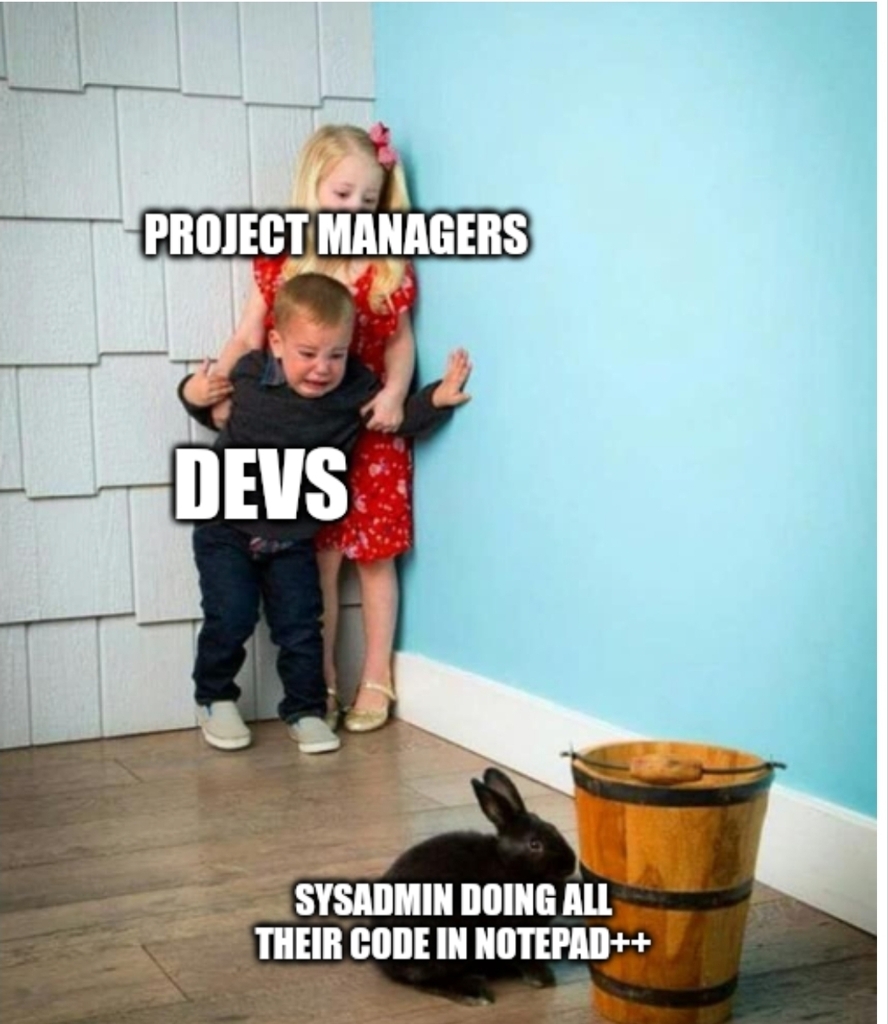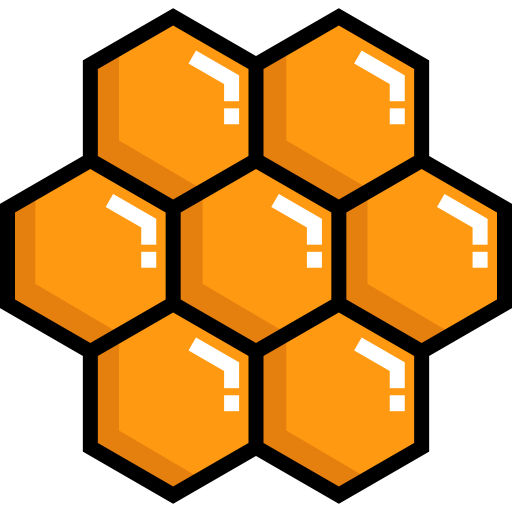
ChatGPT just makes me feel like I’m doing code review for junior developers who don’t understand the task… wait…

…who wrote code without stack overflow

I’ve got no issues with people using stackoverflow or chatGPT as a reference. The problem has always been when anyone just skims what they found and just paste it in without understanding it. Without looking at the rest of the comments, further discussion, or looking at any other search results for further insight and context.
I think chatGPT makes this sort of “carelessness” (as opposed to carefulness) even easier to do, as it appears to be responding with an answer to your exact question and not just something the search algorithm thinks is related.

…who wrote in-line assembly.

6502 or 68000?

I know and wrote for both of them.
Jeez I am old.

In days of yore, before Google or even Altavista, you could tell the quality of a team by how many O’Reilly books they had on the shelves.

I should sell mine. Maybe I’ll keep the crab book and the white book, but the latter’s not even an O’Reilly.

I find it to be suprisingly usless compared to classic aproach. But in my case it might be beacuse of the language i work with ( abap ).



Notepad++ is perfectly fine to code in. With the wealth of plugins it has, it’s pretty similar to vscode in how you can trick it out with all sorts of things it can’t do by default.

I’m a tolerant person, but come on, man. Between VSCode, JetBrains, (n)vim and emacs, and I can’t think of a legitimate reason to use np++ for development over any of them.

It’s super fast in comparison to full IDEs and is easier to use than most editors. I switch between vscode and notepad++ depending on what im doing.

Macros man, being able to record a macro and use it quickly and easily is worth it’s weight in gold when you’re doing something super repetitive that there are no automatic refactors for.
And i hate the “modern sleek design” culture of making all the options hidden and difficult to reach. Notepad s interface is so fucking clean and usefull.
I still use intellij because of a lot of other things but quite often I find myself using notepad for specific tasks and it’s such a treat

If you accept confusing and unsettling peers who watch you screen share and hammer out keybinds that do mysterious things, then you’re all set.

I don’t use JetBrains because it’s not free, I mainly use VSCode since it is and works fine, but I would use np++ after that. I spent years working in np++.
I played with linux in the early '90s, but mostly got started on GenToo Linux years ago and they had people installing Nano when building from the ground up. I grew to like that and never really learned VIM. I did use emacs every now and again, but all of those have lots of unwieldy key combinations that require memorization and don’t work like a lot of other programs people coming from, for instance, Windows would be at all familiar with. The barrier to entry was too high to bother with so it was wine and np++ since I was also still using Windows for work.
I’ve been forced to use a Mac for work for the last almost-year and still can’t find anything as good as np++. BBCode is as close as I can get and I’m still not really a fan.

The tiny, tiny footprint and speed to load.
I would think I’d probably use an IDE if I was coding all the time.
Heck, I’m only using it because JFE got too old.
I do have VSCode set up even with the same scheme as NP++… but let’s face it, the most complex things I’m using are PowerShell and Node JS.

I strongly advise not to do that. As others pointed out, it really is just predicting the next word. It is worth learning about how to problem solve and to recognize that the only way to become a better program is with practice. It’s better to get programming advice from real people online and read the documentations for the functions and languages you are trying to use.

I can code a feature faster than i can debug ChatGPTs attempt. so long as it’s in JS
ChatGPT is better at bash than me though

The good thing about ChatGPT is that it gives you a starting point for languages you’re not familiar / rusty with.

I literally cannot comprehend coding with ChatGPT- How can I expect something to work if I don’t understand it, and how can I understand it if I don’t code and debug it myself? How can you expect to troubleshoot any issues afterwards if you don’t understand the code? I wouldn’t trust GPT for anything more complex than Hello World.

Just yesterday, I wrote a first version of a fairly complex method, then pasted it into GPT-4. It explained my code to me clearly, I was able to have a conversation with it about the code, and when I asked it to write a better version, that version ended up having a couple significant logical simplifications. (And a silly defect that I corrected it on.)
The damn thing hallucinates sometimes (especially with more obscure/deep topics) and occasionally makes stupid mistakes, so it keeps you on your toes a bit, but it is nevertheless a very valuable tool.

That only really works, if the method is self-contained, and written in a language that GPT has seen often (such as python). I stopped using it, because for 1 in 10 successful tries I waste time for the other 9 tries…

I haven’t been in web development in over 20 years; thanks to ChatGPT, I was able to get up-to-speed and start building websites again, when in the past I would have never been able to do so.
GPT is a powerful tool that can allow anyone to do anything if they’re willing to put in the effort. We should be praising it, not making fun of it. It’s as revolutionary as the internet itself.

This.
If I’m writing something slightly more complex, ChatGPT(4) is mostly failing.
If I’m writing complex code, I don’t even get the idea of using ChatGPT, because I’m only getting disappointed, and in the end waste more time trying to “engineer” the prompt, only to get disappointed again.
I currently cannot imagine using ChatGPT for coding, I was excited in the beginning, and it’s sometimes useful, but mostly not really for coding…

I use it to give me prototypes for ansible because Ansible is junk. Then I build my stuff from the mishmash and have GPT check it. Cuts a lot of time down that I’d rather be doing any-bloody-thing else with.

Often the code is self explanitory. I understand the code very often, but I still couldn’t write it correctly from scratch. You never feel like that?
This is how code examples in books works too. You get some code to look at and try to understand it. Otherwise it’s like you would ignore code examples while learning programming.
There was once a programmer that wrote his own code

What about a programmer that doesn’t use stack overflow.
Today we have chatbots. Yesterday we had search engines and stack overflow. Before that we had books. And before that? Well what do you know… software programming is a relatively novel field. It’s almost as if nobody has perfected how it should be learned.
The most valuable knowledge comes from experience. I copied plenty of code around during my learning days as well, and I still do it today. The most important part however is trying to understand the code you’re working with. If you can understand it, know when it fails, test it in the right way, etc., then sure, you could probably learn to code from chatbots. They provide the information, and you’re at liberty to do what you want with it. If you just copy it and forget, you’ll be a bad programmer. But it’s not like you couldn’t do that before either with the other sources that were available - there were plenty of bad programmers before we had these tools available too.
That said, there is a risk that these chatbots do not provide any useful context around the code that they produce. When you learned from a book or stack overflow, you were reading from a reasonably authoritative source that could explain the code that was produced. But the authority behind the code from chatbots is probably much weaker than what we have from stack overflow, which in turn was probably also weaker than what we have from books. Does it have an effect or learning? I have no clue. But I still think you can learn from chatbots if you use the output that they provide in the right way. (Disclaimer: I have never used one of them and have no experience with them.)

As someone who is learning, I think it’s imperative to understand that chatgpt has limitations that cannot be overlooked. It’s pretty good if I make some silly syntax or formatting errors, but at the core I have to understand what I’m working with if I want to be a better programmer. I love the conversational nature because I often have a hard time wording questions, so it helps me in that regard as well. Idk if you want to be truly good at something you have to be more reliant on yourself than external tools.

The thing is, in some fields like devops, there are so many tools that you can’t remember or know all of them very well. So asking chatgpt how to do something saves very much time. It can write ansible playbooks, docker files, web server configurations etc etc. They almost never work perfectly but they give a very good starting point to modify.
It used to be that you could be very good at specific languages or tools but today, there isn’t enough time. Everyone is always in a hurry to get something out as quickly as possible too.

There once were writers who didn’t objectify people by using pronouns reserved for inanimate objects.
I haven’t seen any lately.

What
They’re saying that the image should say :
who writes code without chatgpt
instead of :
that writes code without chatgpt

Big meh. Languages evolve.

I cant use chatgpt with godot :(



